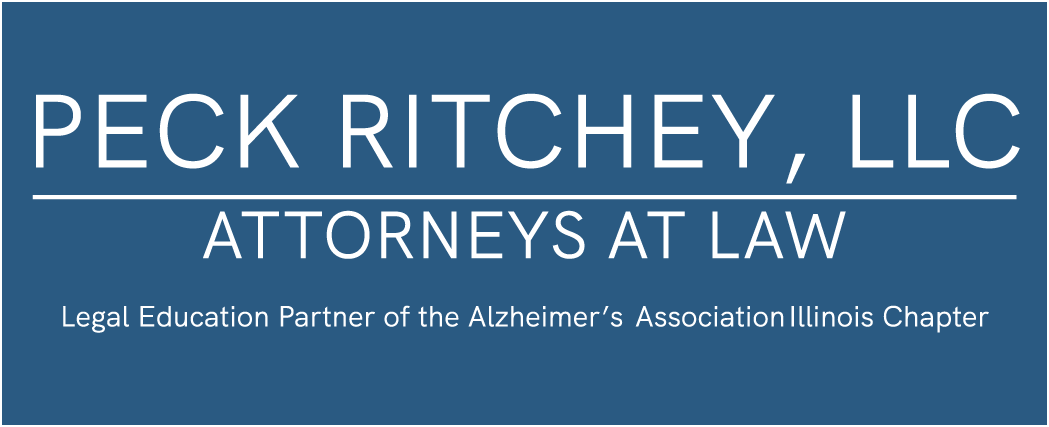When someone passes away, their property and debts still exist, and they must be either distributed or resolved. This is handled in probate court. Probate litigation can be an important step to ensure that the decedent’s estate is transferred to those who it is intended for. Click here to learn more about reasons for pursuing probate litigation
What Is Probate?
 Probate is a legal process by which the court makes a determination as to how the estate of a deceased person is distributed, by whom the estate is distributed, and, if applicable, the transfer of legal ownership of the deceased person’s property.
Probate is a legal process by which the court makes a determination as to how the estate of a deceased person is distributed, by whom the estate is distributed, and, if applicable, the transfer of legal ownership of the deceased person’s property.
If there is a will, the court determines that the will is legal and enforceable and grants the right to execute the will to the person that the decedent named in their will to do so. This person is called the executor. The executor will be responsible for distributing the decedent’s property according to the instructions in the will and paying the decedent’s debts and taxes. If issues arise about how the executor performs their duties or if the will is contested by potential beneficiaries, then those issues will need to be resolved in probate court.
In the event that there is no will, or in other words, if a person dies “intestate,” then the estate of the decedent will have to go to probate court for a determination about how the decedent’s estate will be distributed. The court will name an administrator.
The Probate Process
Typically, the probate process begins soon after a loved one passes away. While it is not always true that a person has to go through probate after their loved one dies, it is common. Each state has its own laws regarding when probate is required and the rules as to how you must proceed when probating a decedent’s estate. Some states require probate whenever someone dies, and other states only require probate when the decedent owned property of significant value.
The Illinois Probate Act states that if someone dies and there is a will, the will must be filed in probate court in the county where the decedent died within 30 days of the decedent’s passing. Illinois law requires a different procedure if the decedent’s estate has minimal value. If the decedent’s estate is worth less than $100,000, and the estate doesn’t include any real property, then the beneficiaries of the estate only need to file an affidavit, which is a legally-binding, sworn written statement, with the court. They need not proceed with probate hearings.
If there is no will, then the Illinois Probate Act dictates how the estates of deceased persons should be distributed.
One of the first steps you should take when a loved one dies is to hire an attorney who handles probate cases. The attorney will be able to help you navigate the process of probating your loved one’s estate if you are named an executor of the estate in the decedent’s will. If you’re not the executor, an attorney can help you litigate any issues you may have with the execution of your loved one’s will and/or your right to be named executor or beneficiary to the decedent’s estate.
Avoiding Probate
There are several steps you can take while you’re alive to reduce the likelihood that your estate will be probated when you pass away.
 One way to avoid probate of your estate is to gift your assets to your loved ones before you pass away. By giving away assets to your loved ones while you’re alive, you eliminate that asset from your estate so that it won’t have to be distributed in probate. This can also reduce the value of your estate. Illinois law has an easier and reasonably quicker procedure for the probating of an estate that is valued at less than $100,000. A small estate may be able to avoid probate altogether.
One way to avoid probate of your estate is to gift your assets to your loved ones before you pass away. By giving away assets to your loved ones while you’re alive, you eliminate that asset from your estate so that it won’t have to be distributed in probate. This can also reduce the value of your estate. Illinois law has an easier and reasonably quicker procedure for the probating of an estate that is valued at less than $100,000. A small estate may be able to avoid probate altogether.
You can also open a trust. With a living trust, you put your assets into the trust, and you as the grantor are the trustee during your lifetime. The trust contains instructions about how that property will be distributed at your death. The benefit of a trust, as opposed to a will, is that all property included in your trust is not considered part of your estate when you die, so it’s not subject to probate. An experienced estate planning attorney can help you properly draw up a trust that best supports your interests.
You can also alter the ownership of your assets while you’re alive to avoid probate. Assets that are owned by you and another person — joint tenancy or ownership — are automatically distributed to the joint owner when you die according to state inheritance and transfer of title/ownership laws. Likewise, you can make your financial accounts payable upon death, where you designate a person who will be the beneficiary of your accounts. These accounts are excluded from probate.
Call Peck Ritchey, LLC Today
The estate planning attorneys of Peck Ritchey, LLC can help you devise a will or trust that best protects your assets and represents your wishes when you pass away. Call us today at (312) 201-0900 or contact us online.














